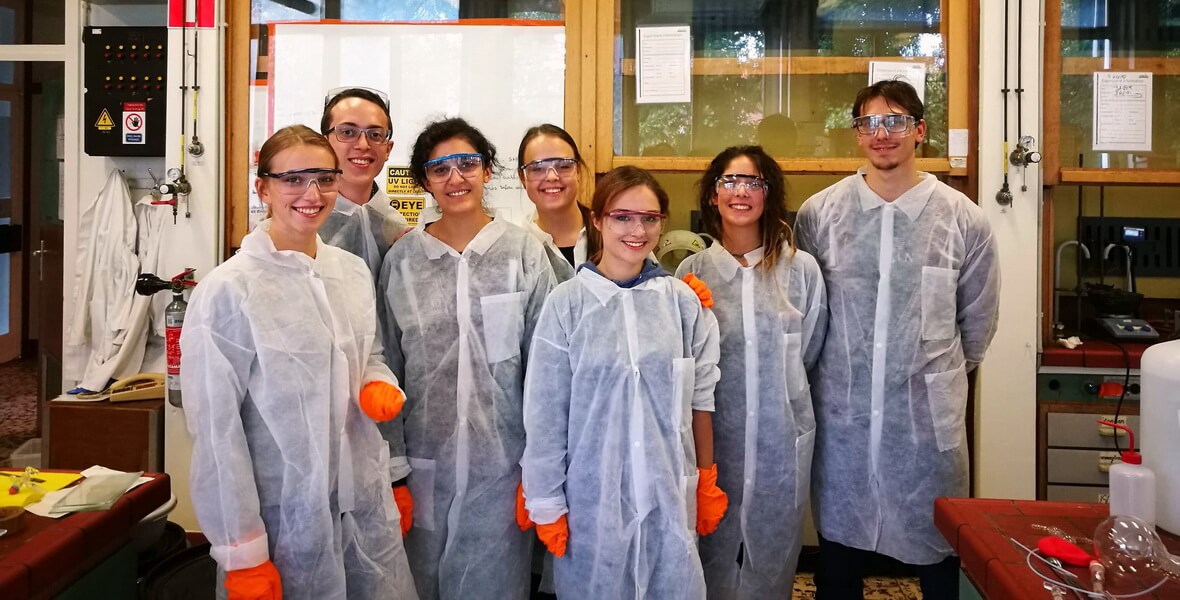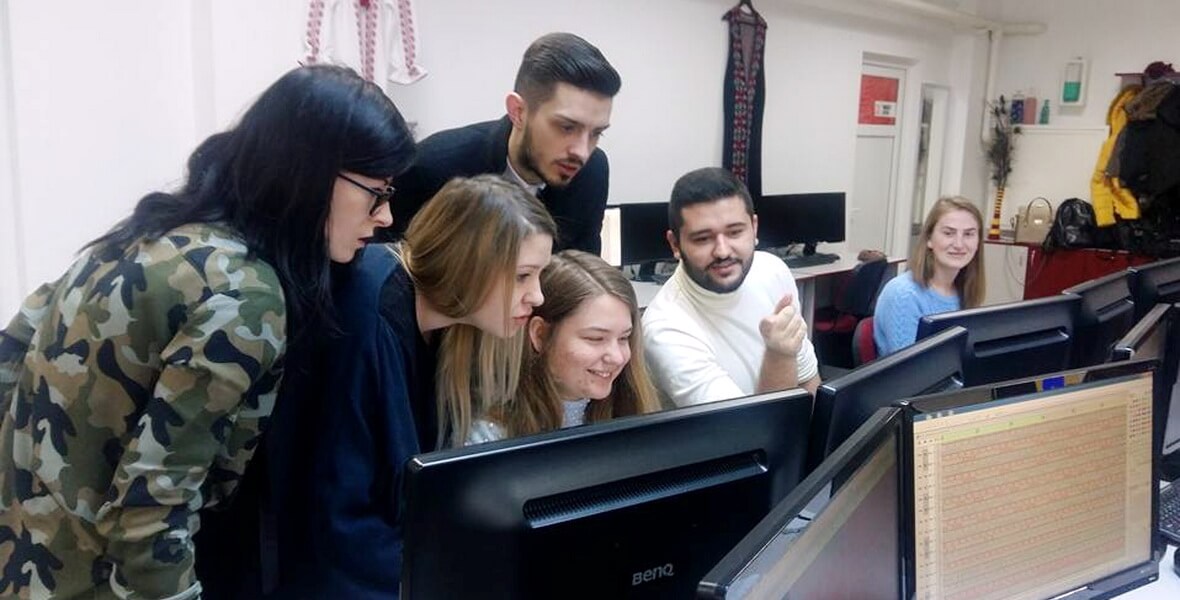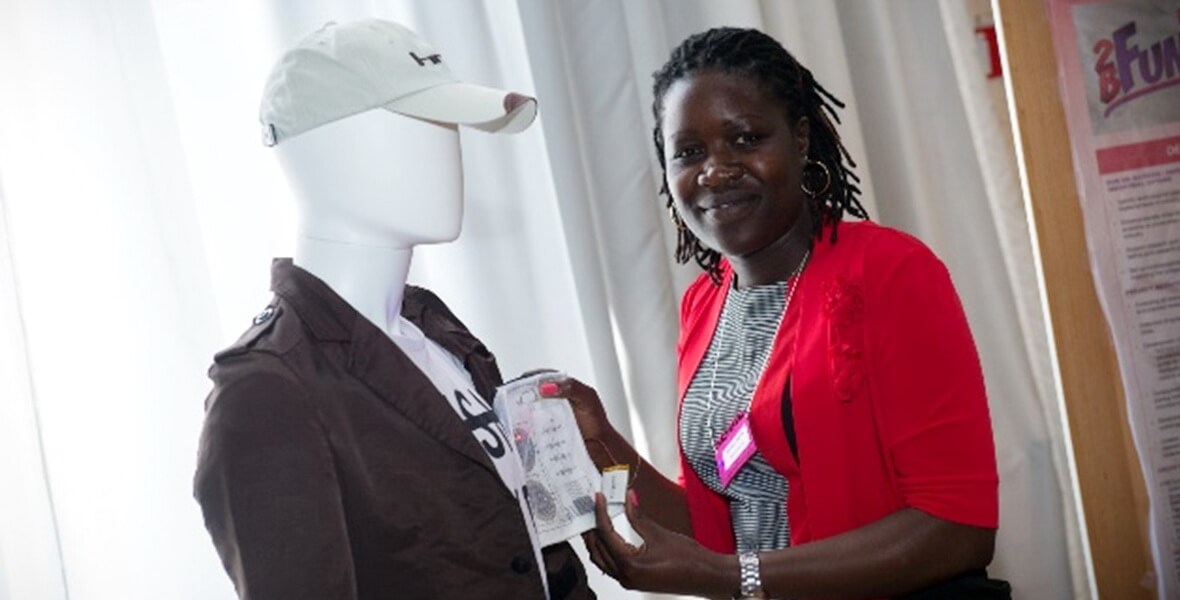Best AUTEX professors
Bringing together the best students, offering them the best AUTEX professors in each field and giving them a multiple international experience adds to their education and personal development.
Global thinking
At the hosting universities students meet the international professors, local students and local staff. They learn about the expertise and facilities of the host institution as well as regional industry and culture.
Student groups
The student groups are also diverse in terms of nationality and background. Local students and industry engineers may attend single courses.
Industry
Industry is actively involved. They offer internships, real life cases, subjects for theses, educational materials and company visits. They support study visits and participation at international fairs.
What is WE-TEAM ?
WE-TEAM is a two year Erasmus Mundus Joint Master Degree (EMJMD) Program to educate the next generation of textile engineers. It is a full-time programme lectured in English. It offers students an exceptional level of mobility and high quality education.
Who can participate ?
Students with a bachelor in Engineering or Science and that fulfil the requirements as listed in the Admission Requirements section can apply for the programme.
Why the highest textile expertise ?
Education is offered by the best AUTEX professors in each field and has a distinct international character.
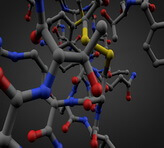

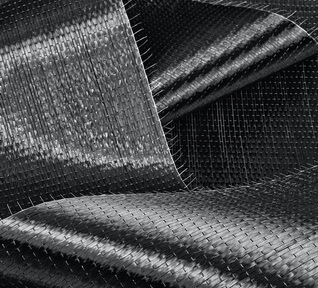
Building your career skills with WE-TEAM
WE-TEAM has initially started almost 20 years ago under the name of E-TEAM. The programme is still unique in its concept. It offers students an exceptional level of mobility and high quality education:
- Each of the 3 semesters are organised in a different location, the 4th semester students can carry out their master thesis at one of the AUTEX members, depending on their personal interest.
- Each course is taught full time during one week.
- The lecturers are recruited from the pool of more than 200 qualified AUTEX professors.
- No single university can offer the same level of expertise in all areas of textiles, nor the same international experience.
- The degrees awarded within the WE-TEAM programme have the required accreditations according to the European standards.
Course content
The Master of Textile Engineering is a two-year master’s programme in the field of textile engineering. The programme was developed in the framework of and with full support of the Erasmus programme of the European Union. It was and still is a unique programme offering advanced education in Textile Engineering in which the latest developments in the textile field as well as contemporary teaching methods are incorporated. The most renowned specialists in the multidisciplinary domain of textiles in Europe and beyond are brought together. The programme benefits from significant industry participation. Graduates have acquired knowledge, skills and attitudes that ensure their impact on technological innovation, creativity, quality and management in industry as well as in academia.
Course structure
The programme of the Master of Textile Engineering is a full-time programme, organised at different locations, lectured in English. All major universities in Europe and worldwide offering a textile degree participate in the programme. As such, the programme benefits from the strengths of all participating universities, allowing to cover all modern areas related to textiles.
The first three semesters are organised at a different host university.
The fourth and last semester is dedicated to the dissertation at one of the participating universities (to be chosen by the student) under supervision of a tutor, possibly in co-operation with the industry.
Students who are admitted spend one year and a half (three semesters) in three geographically spread regions in Europe where they are taught by a large number of professors of the participating universities as well as from industry. Each lecturer passes on his or her specific knowledge in a course module covering one or two weeks.
Next to the traditional lecturing methods, active methods are used such as blended learning, case studies, projects, practical work in laboratories etc. To link theory with practice, industry is actively involved.
